
Neuroscience Says: Listening to This Song Reduces Anxiety by Up to 65%. Hear It Yourself
Anxiety... it’s something we can all agree on as one of the most unpleasant feelings. The challenge, however, is that it’s often difficult to pinpoint the underlying emotion or situation causing it.
Anxiety isn’t a new phenomenon—Hippocrates mentioned it as far back as the fourth century BCE, Søren Kierkegaard addressed it in the 1860s, and Sigmund Freud wrote about it in 1926. In today’s world, however, with the constant bombardment of information through social media, it’s no wonder that so many young people are struggling with it.
Pharmaceutical drugs are commonly prescribed for anxiety, and they remain a significant revenue source for the pharmaceutical industry. Others approach the issue holistically, turning to yoga, meditation, massage, and exercise. Interestingly, music therapy has also shown promise. Recent research from neuroscientists in the U.K. has uncovered a song that results in an impressive 65% reduction in overall anxiety levels.
Anxiety and Generation Y
Over 40 million adults in the U.S. (19.1%) suffer from an anxiety disorder. Additionally, approximately 7% of children aged 3–17 face anxiety-related issues annually. Most individuals develop symptoms before reaching the age of 21.
Marjorie Wallace, CEO of the charity Sane, believes that Generation Y (those born in the 1980s and 1990s) is an age marked by desperation. "Growing up has always been tough, but this sense of desperation? That’s something new," she says.
In Anxiety: The Epidemic Sweeping Through Generation Y, Rachael Dove explores why this generation is so affected by anxiety:
“What’s behind this? Psychologists suggest that the rise of technology, overly protective parenting, and exam-focused schooling are major contributors. Another factor, mentioned by both my peers and psychologists, is the paradox of too much choice—what some might consider a luxury."
Pieter Kruger, a London-based psychologist, points out that research shows people who feel they have fewer choices tend to be more resilient. This is because, when options are limited, individuals can blame others if they make a poor decision. In contrast, with so many choices in today's world, we are forced to take full responsibility for every decision, which can lead to anxiety. "We become more obsessive because we want to make the right decision every time," Kruger says.
Writer Claire Eastham reflects this sentiment on her blog We Are All Mad Here:
“I spend a lot of time worrying about what I’m going to do with my life. Previous generations didn’t have this issue; their choices were limited, which took the pressure off."
These days, even making simple decisions—like what to eat—can trigger anxiety. With so many options, it's easy to feel overwhelmed. Take, for example, how often people stress over a seemingly simple decision, like choosing a pair of shoes. What should be a straightforward choice turns into a “life decision.”
The Rise of FOMO and Social Media Anxiety
Another modern cause of anxiety is FOMO (Fear Of Missing Out), fueled largely by social media. As we scroll through picture-perfect lifestyles on Instagram or Facebook—smiling faces, beach selfies, seemingly perfect lives—we can’t help but compare ourselves to others, often leading to feelings of inadequacy.
“FOMO is a very real phenomenon that can become addictive and significantly affect anxiety levels and overall wellbeing,” says Kruger.
Social media intensifies our tendency to compare ourselves, not just with our friends but also with celebrities. Research has shown that time spent on social media can increase depression in individuals who frequently compare themselves to others.
Beyond damaging our mental health through comparison, neuroscientists have also found that listening to a specific piece of music can significantly reduce anxiety levels.
The Creation of the Ultimate Anti-Stress Music
In a study, participants were tasked with solving difficult puzzles while being monitored by sensors. They listened to a variety of songs, and researchers measured their heart rate, brain activity, blood pressure, and breathing patterns.
The results were astounding: one particular song, Weightless, led to a remarkable 65% reduction in overall anxiety and a 35% decrease in their typical physiological resting rates.
Created by Marconi Union, Weightless was composed in collaboration with sound therapists who selected specific harmonies, rhythms, and bass lines. These elements work together to slow the listener’s heart rate and blood pressure while reducing stress hormones like cortisol.
Given how effective the song was at inducing calm, lead researcher Dr. David Lewis-Hodgson advises against listening to it while driving due to its potential to induce relaxation too deeply.
But don’t just take their word for it—hear it for yourself:
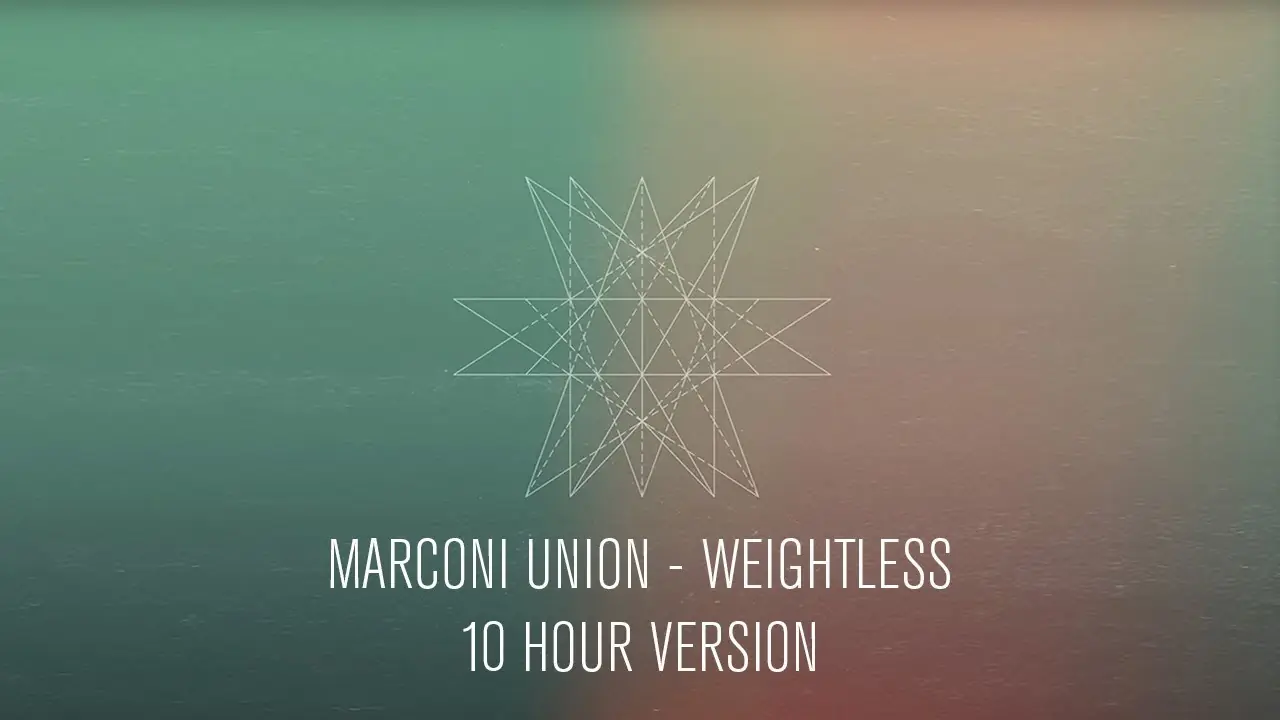
News in the same category

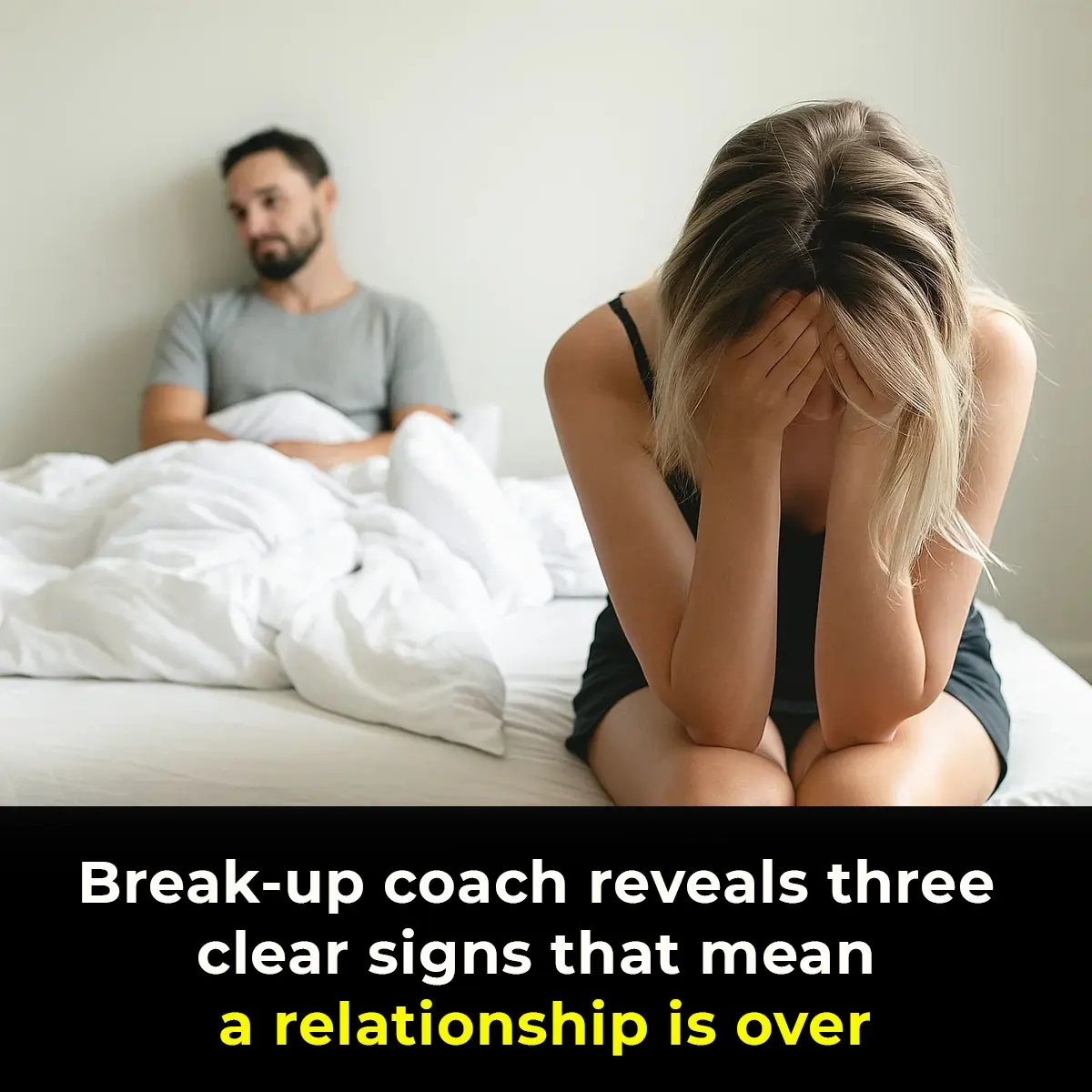
Break-up coach reveals three clear signs that mean a relationship is over

“Meet K2-18b: The Distant Ocean World That Could Host Alien Life”

Scientists Confirm Brain’s ‘Life-Flash’ Surge Just Before Death
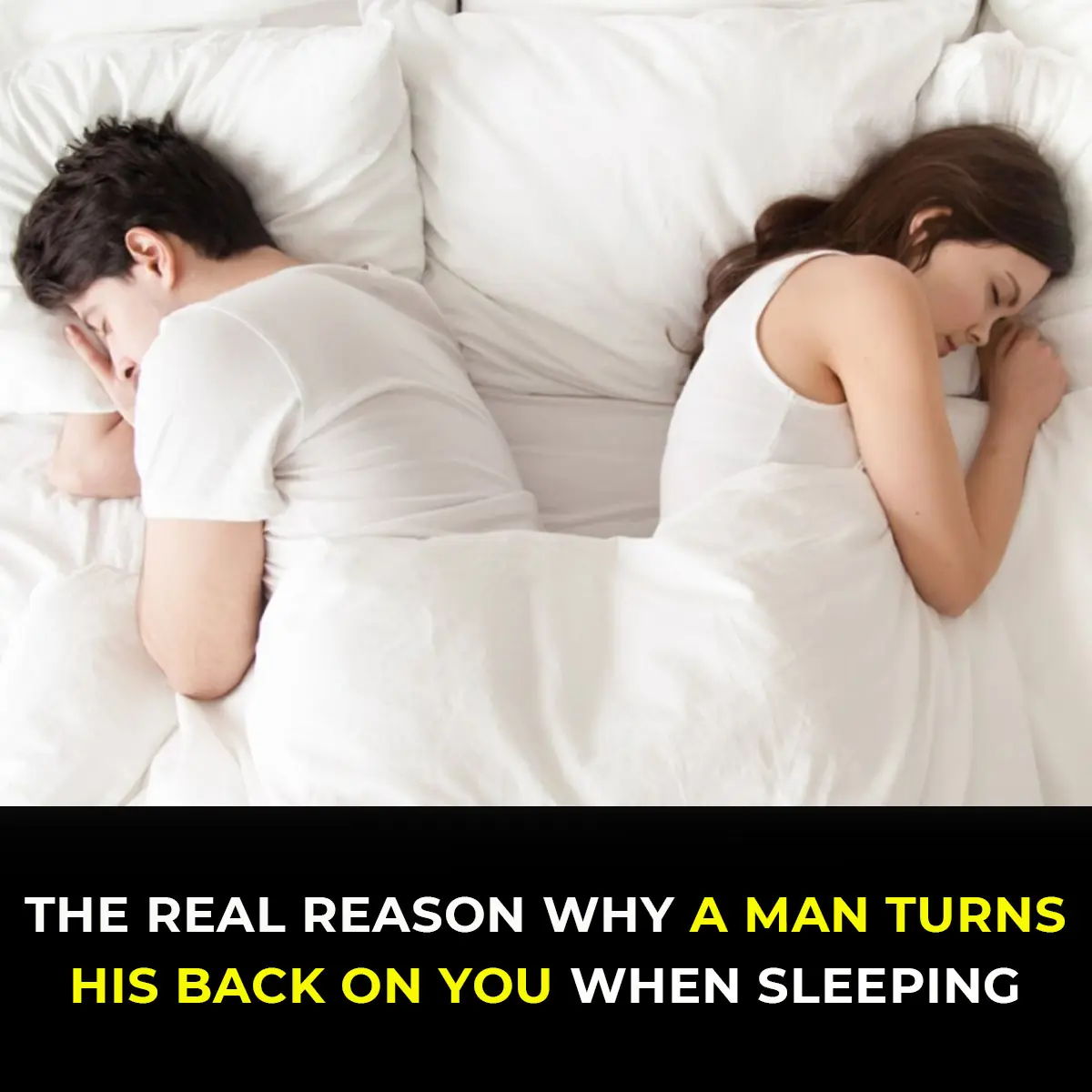
Here’s What It Really Means When A Man Turns His Back In Bed

Could Psilocybin Be the Secret To Living Longer? Scientists Think So.

You Should Never Ignore These 9 Things Your Fingernails Reveal About Your Health
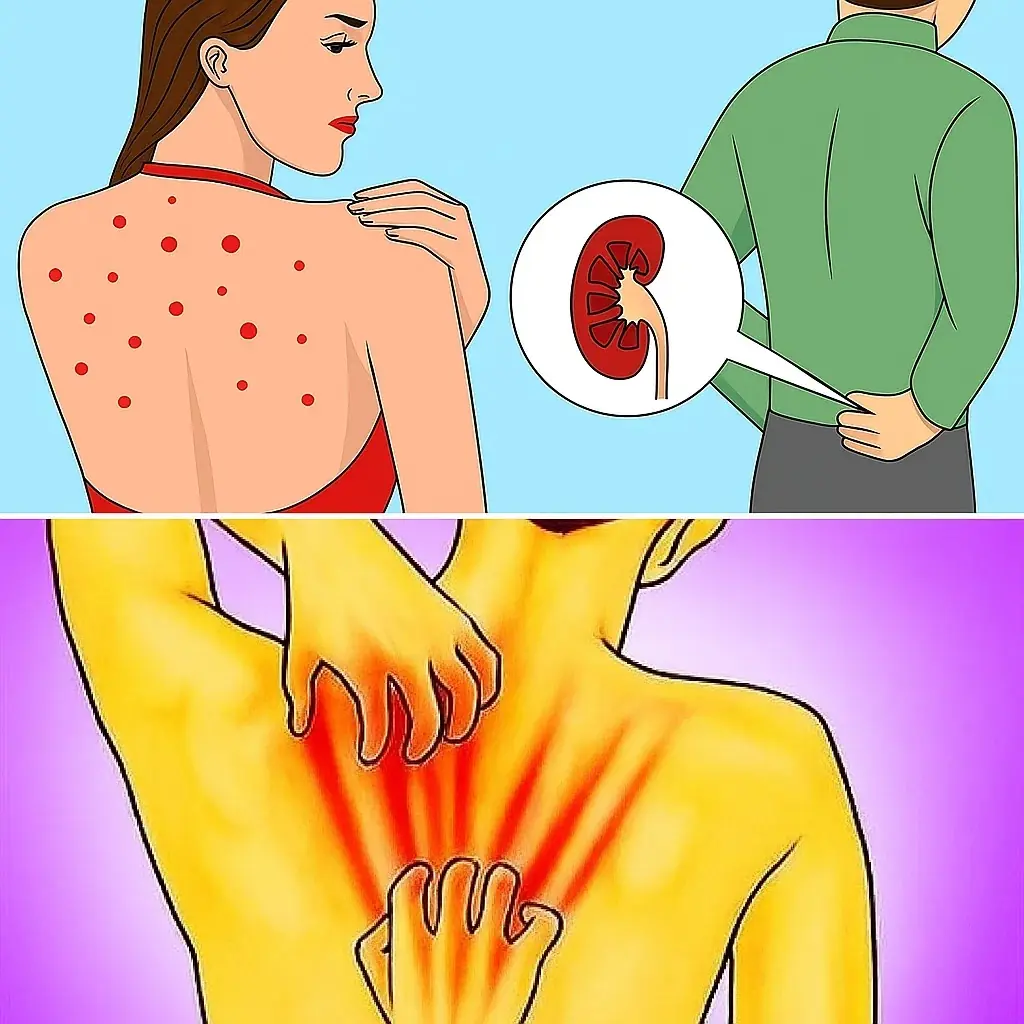
10 Warning Signs Your Kidneys May Be in Serious Danger
Your kidneys quietly work around the clock to keep your body in balance, but when they start to fail, the symptoms can be subtle and easily overlooked. Spotting these early warning signs could save your health—and even your life.

What You See First In This Weird Optical Illusion Reveals What Kind Of Lover You Are
Optical illusions can do more than just play tricks on your mind — they can reveal hidden aspects of your personality, including how you express love. In this unique test, the first image you notice will uncover your deepest romantic traits and the way

Beekeeper Sets Bees Loose on Police That Pulled Him Over for Traffic Stop

The ‘World’s D3adliest Food’ K!lls 200 People Annually — Yet 500 Million Still Can’t Resist It
Every year, this claims over 200 lives worldwide, yet nearly half a billion people still rely on it as a daily food source. Experts warn that without proper preparation, this staple crop can turn d:eadly due to its natural cyanide content.
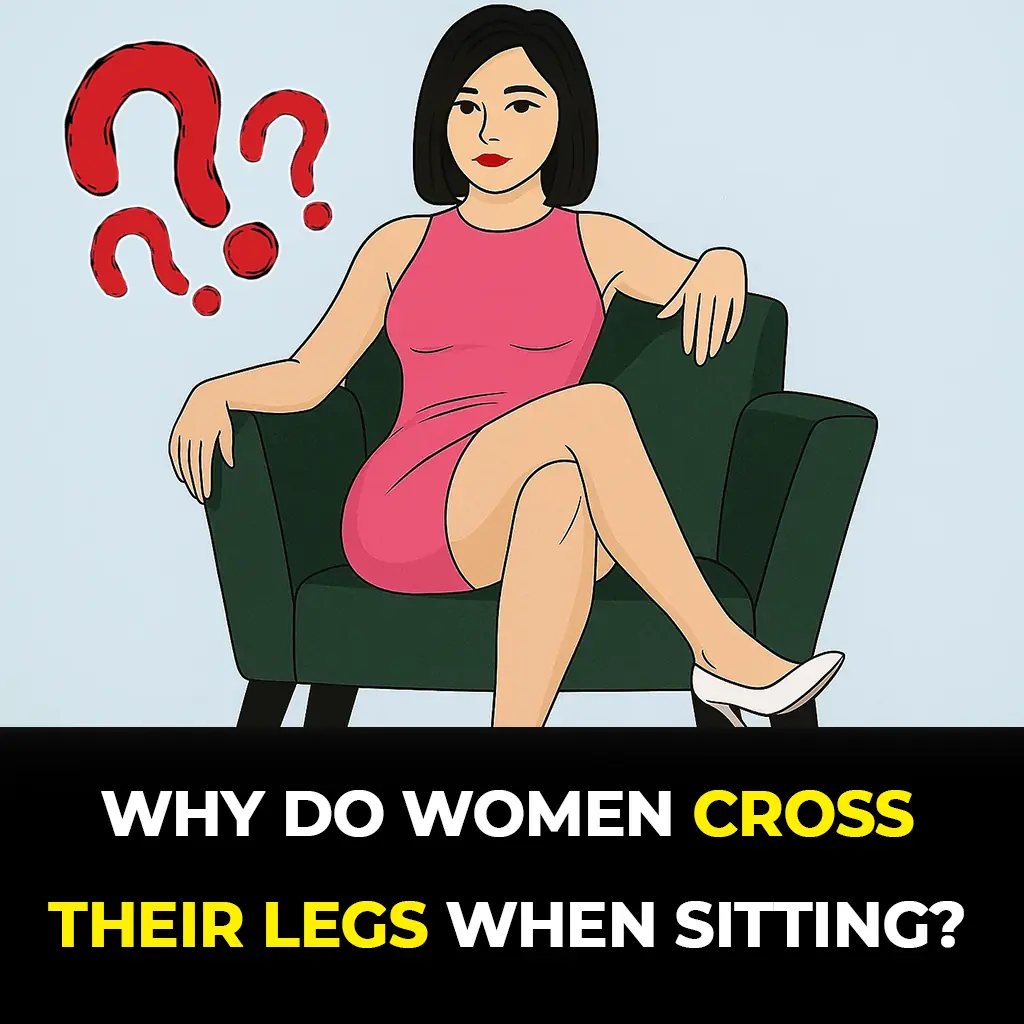
The Hidden Meaning Behind Women's Leg-crossing — It’s More Than Just Comfort
The Hidden Meaning Behind Leg-Crossing — Body Language Secrets, Health Risks, and What It Really Says About You.

Say Goodbye to Fillings Soon? Scientists Just Grew Real Human Teeth In a Lab That Could Replace Fillings Forever
What if your body could suddenly remember an ability it lost thousands of years ago - the power to grow an entirely new tooth?

The Secret Behind the Small Metal Bump on Scissors Everyone Missed
People Are Stunned To Discover The Real Purpose of the Small Metal Bump Between Scissor Handles — And It’s More Useful Than You Think.

The Chilling Truth About Why No Human Remains Were Found in the Titanic Wreck
More than 110 years after the Titanic sank, scientists have revealed the chilling reason no human remains were ever found in its wreckage. Resting 12,000 feet below the Atlantic, the site tells a silent story of how nature claimed the victims in its own w
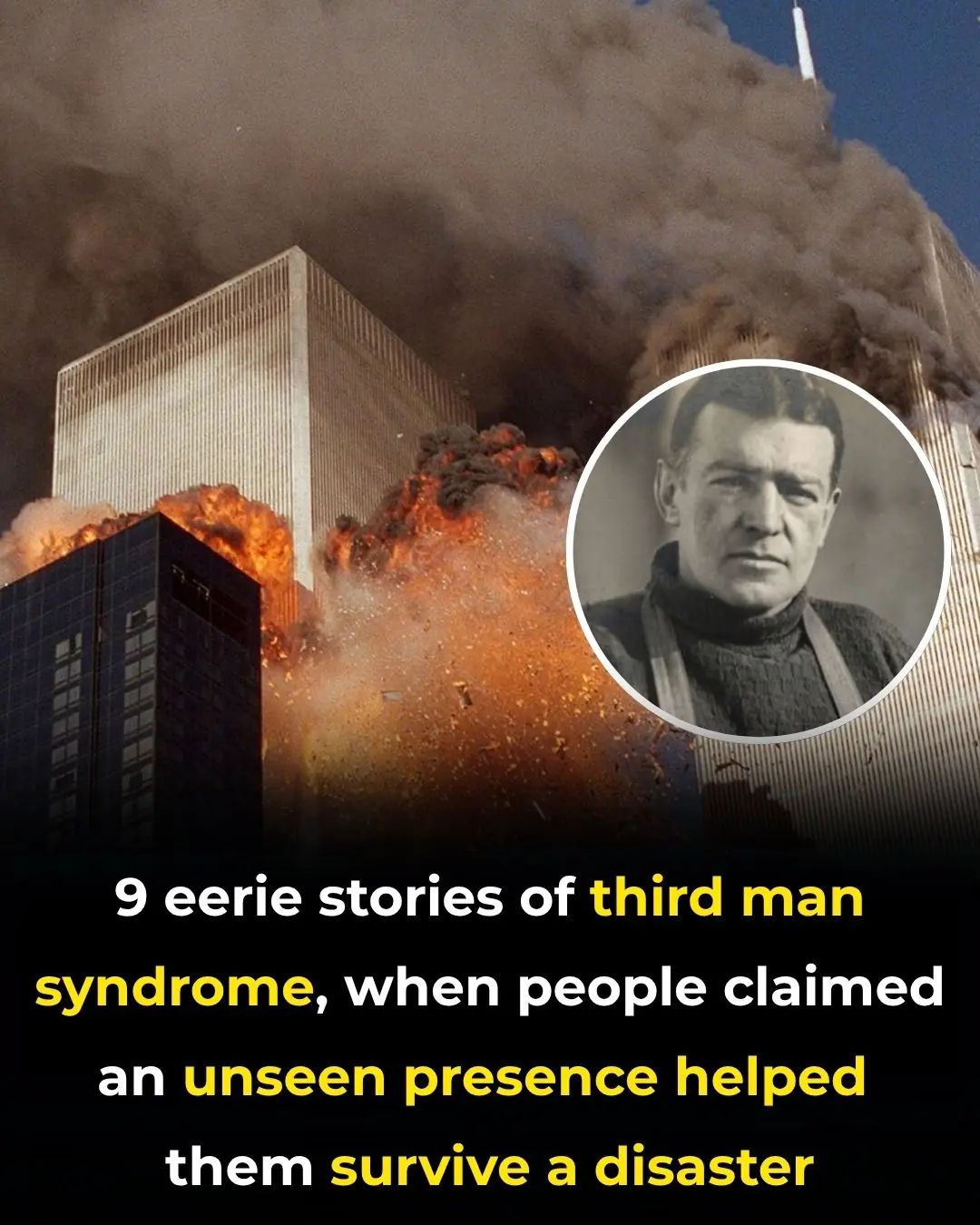
9 Chilling Stories of Third Man Syndrome: When an Unseen Presence Aided Survival in Disasters
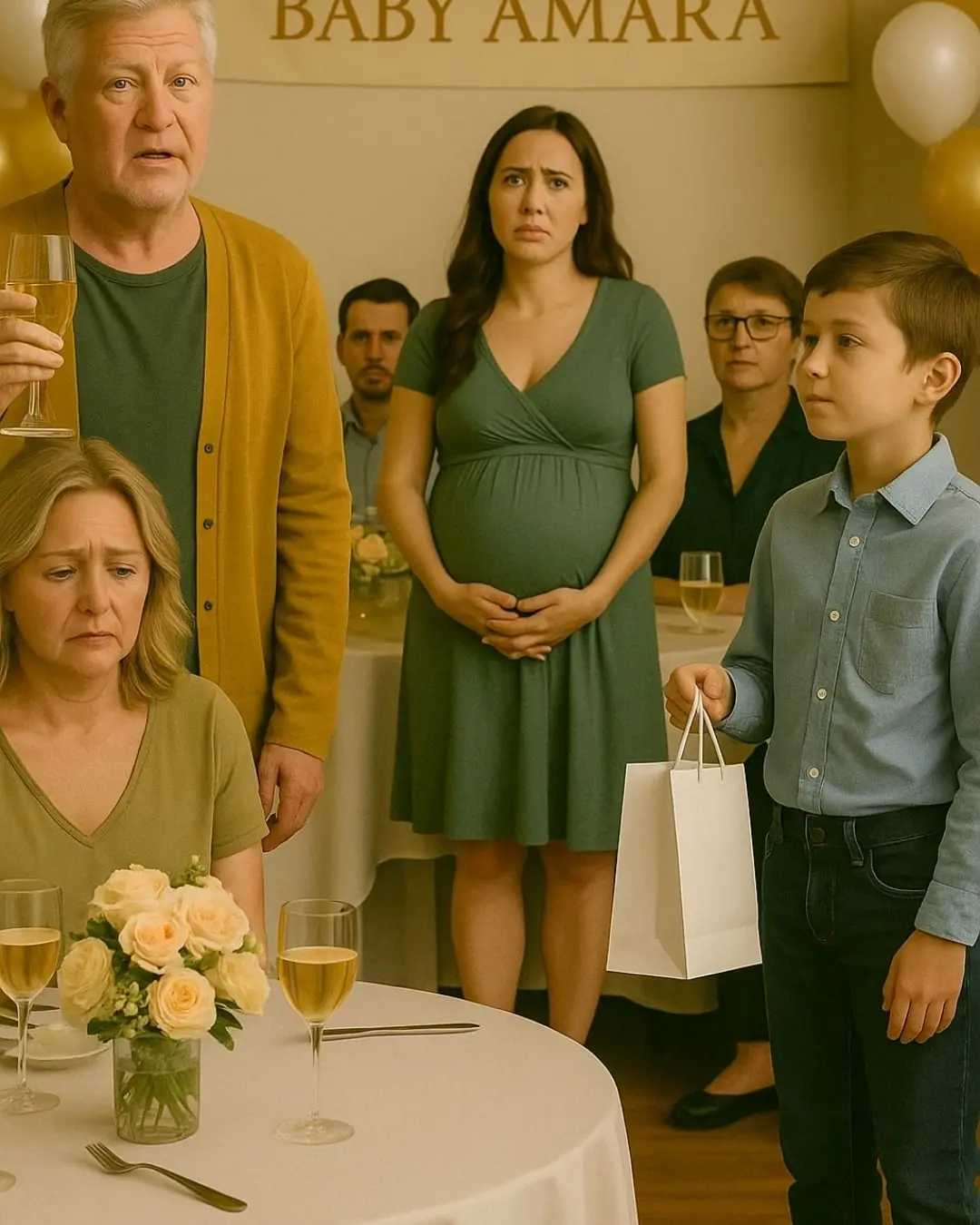
I Was Shamed for Being a Single Mom at My Sister’s Baby Shower — Then My 9-Year-Old Son Silenced the Room with a Letter
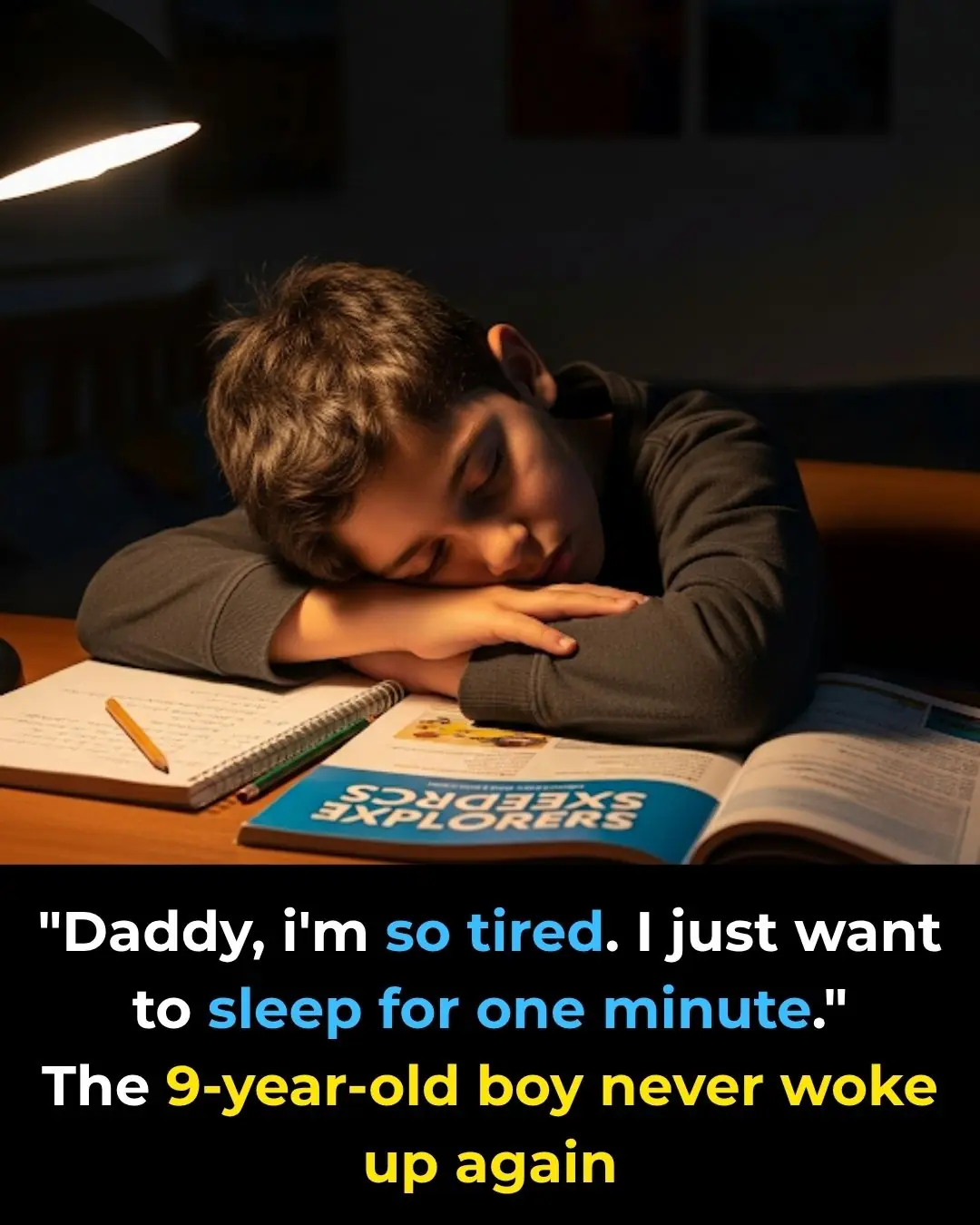
9-Year-Old Boy Whispered “Daddy, I’m so tired!” and Didn’t Wake Up Again

What Is the Shark Fin on Cars?
News Post

The 4 Must-Have and Inexpensive Fruits for Older Adults Who Want to Live Long!

The best fruits to unclog and clean your blood vessels
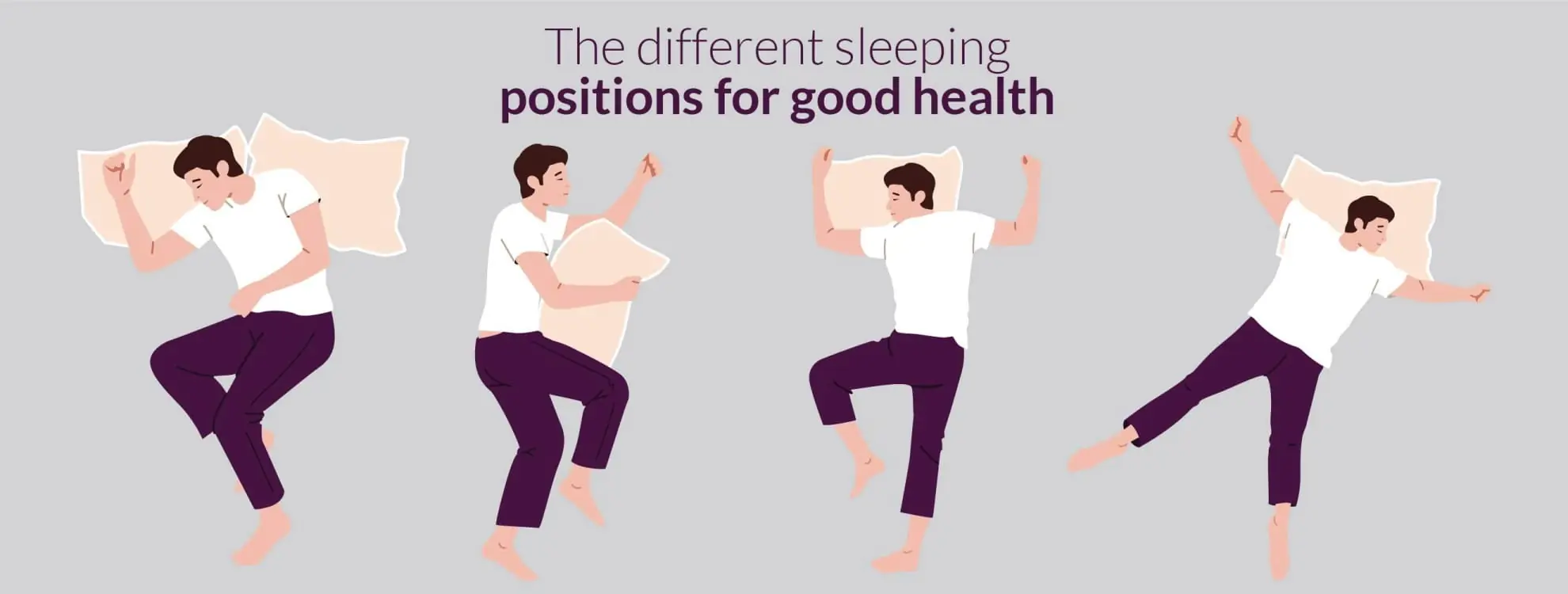
Best Sleeping Positions to Prevent Neck Pain, Reflux, and Keep Your Heart Healthy

Simple Techniques to Boost Your Lymph System and Remove Toxins

5 Common Habits That Quietly Damage Your Knees

Benefits of Walking: Why Walking is One of the Best Forms of Exercise

The Simpsons fans devastated as show 'kills off' one of the main characters for first time ever

Doctor gives 'deeply concerning' warning after man injected himself with sperm to 'cure back pain'

Mom, 33, issues warning after noticing ‘mosquito bite’ that turned out to be much more sinister

Study reveals average penis size across US states and exposes who is exaggerating

NASA releases closest-ever images to the sun and everyone is asking the same thing

Break-up coach reveals three clear signs that mean a relationship is over

“Meet K2-18b: The Distant Ocean World That Could Host Alien Life”

Secret CIA Documents Declare That The Ark Of The Covenant Is Real, And Its Location Is Known
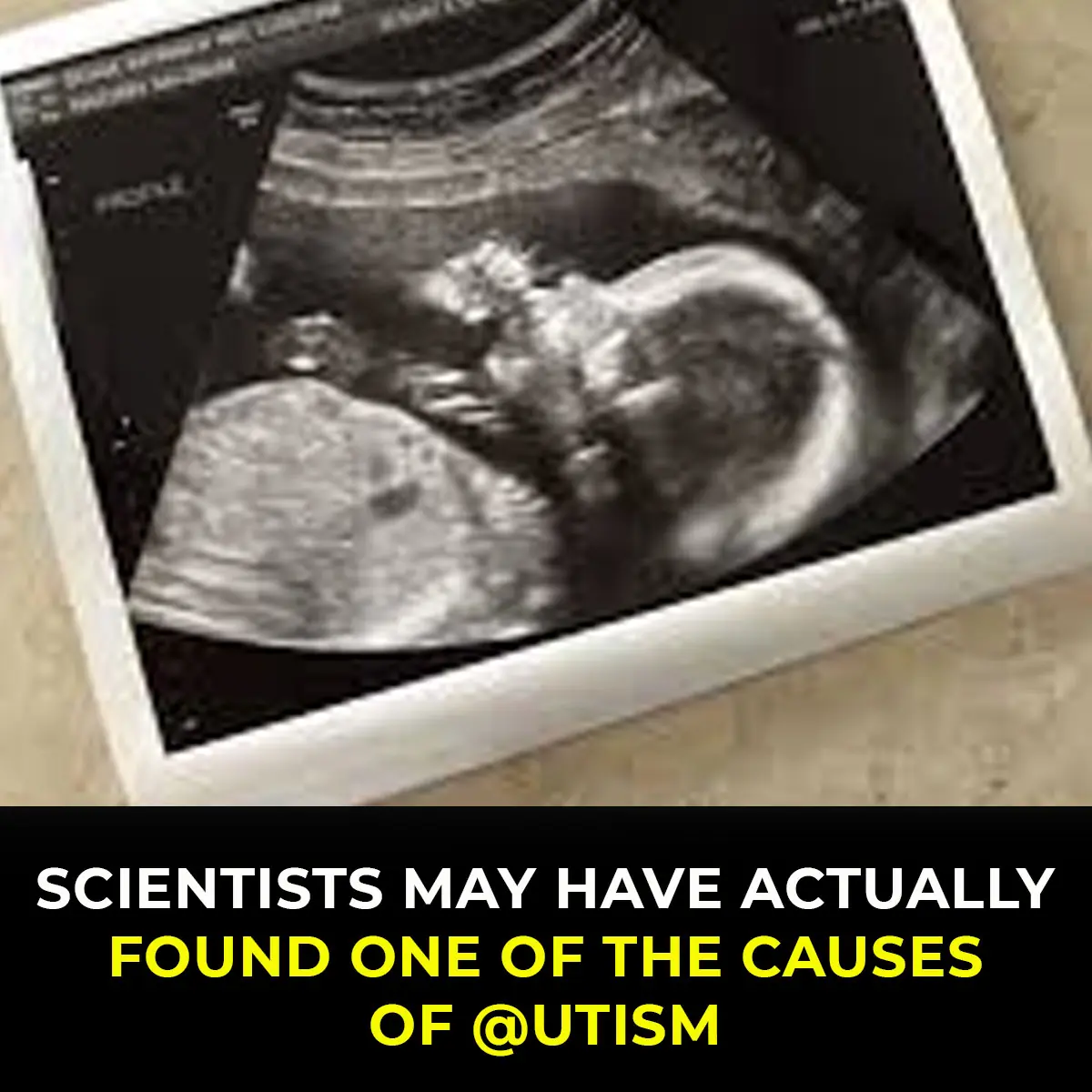
Study Suggests Key Link That Could Help Explain Autism Development

Scientists Confirm Brain’s ‘Life-Flash’ Surge Just Before Death

Scientists Warn China-Identified Bat Virus Just One Mutation Away From Sparking Global Pandemic
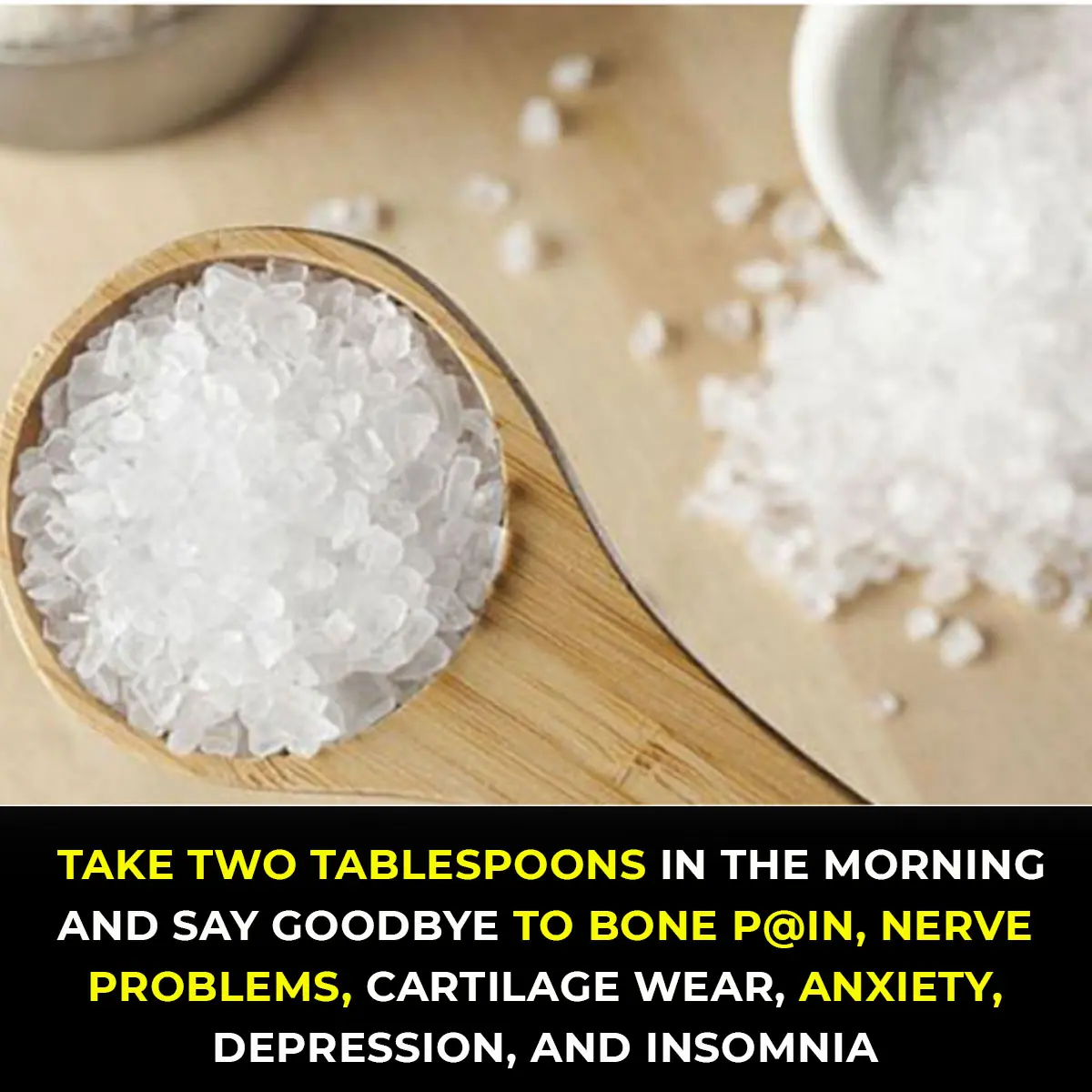
This One Superfood Could Tackle Major Health Issues—Here’s What You Need To Know
